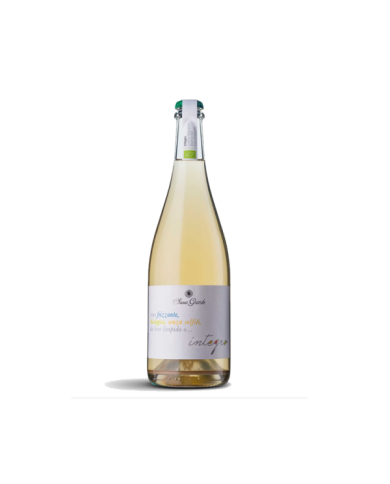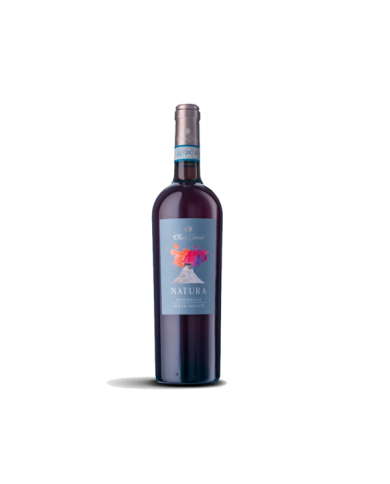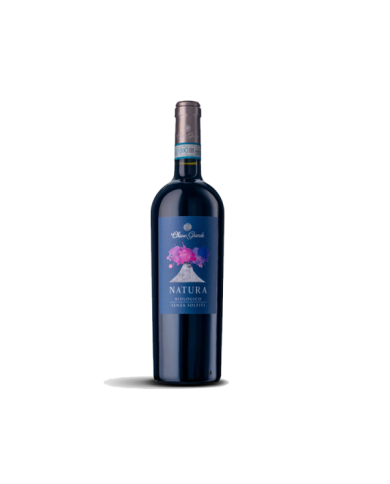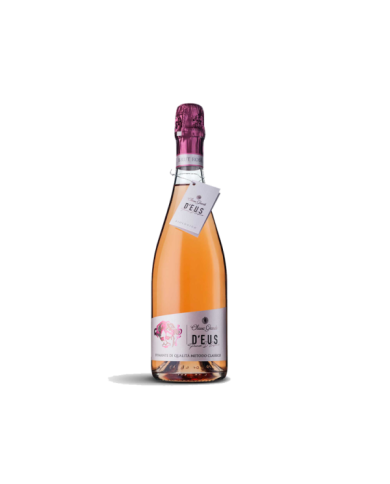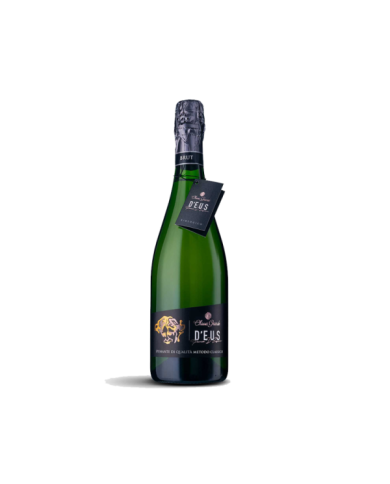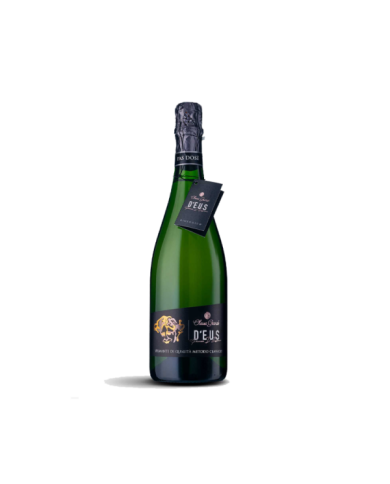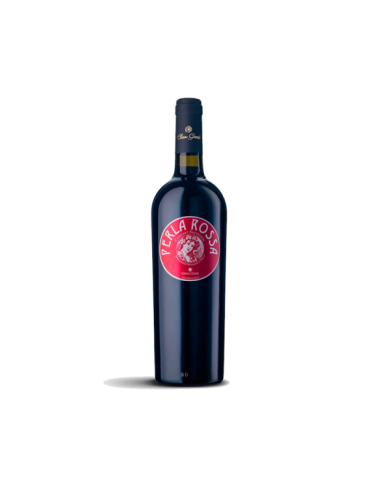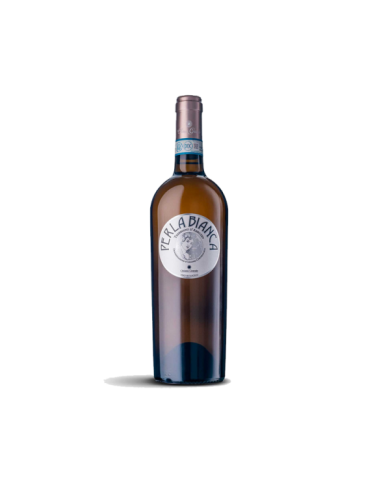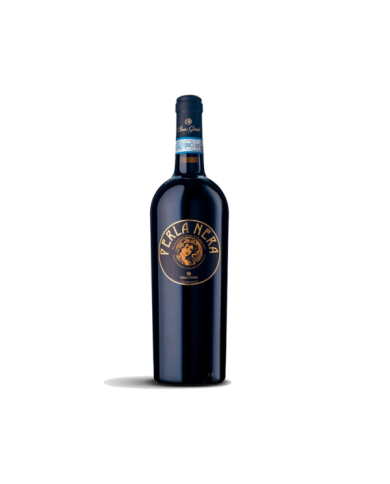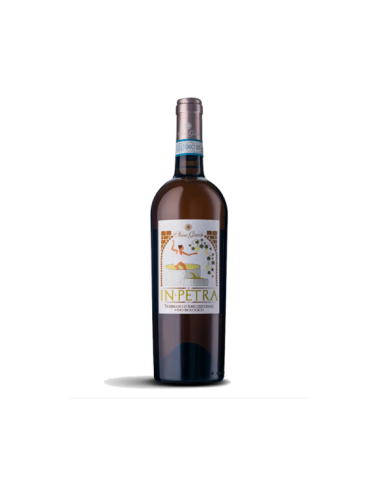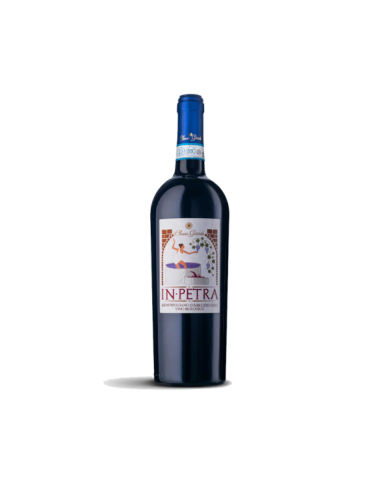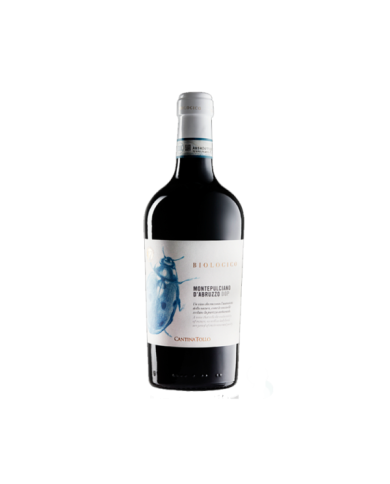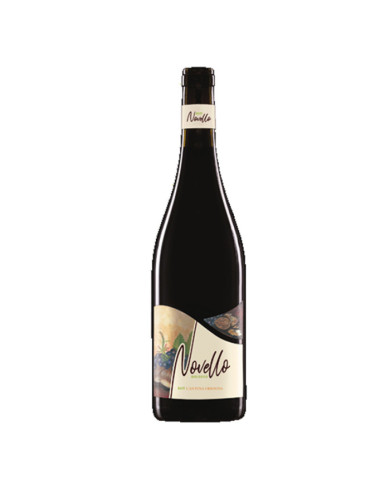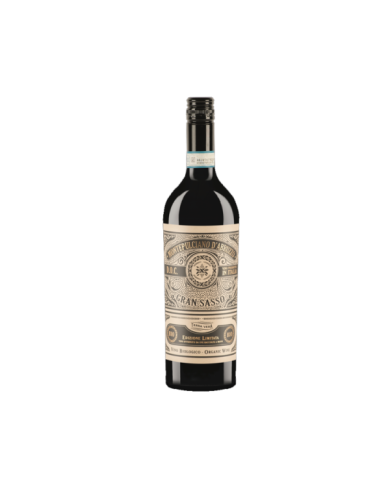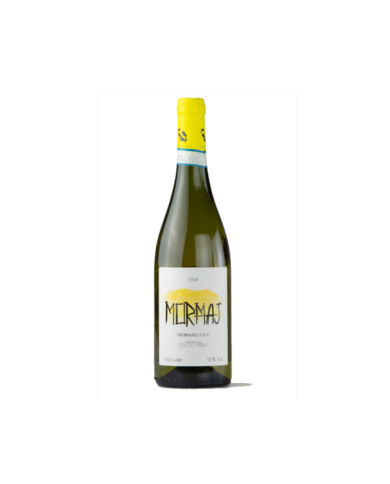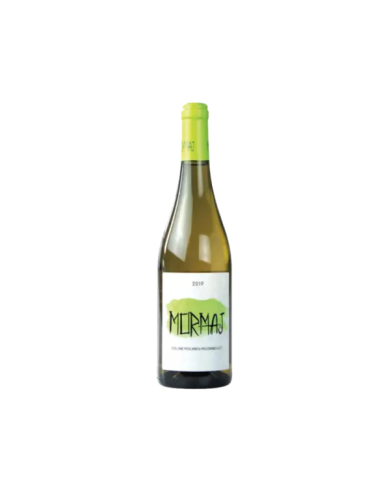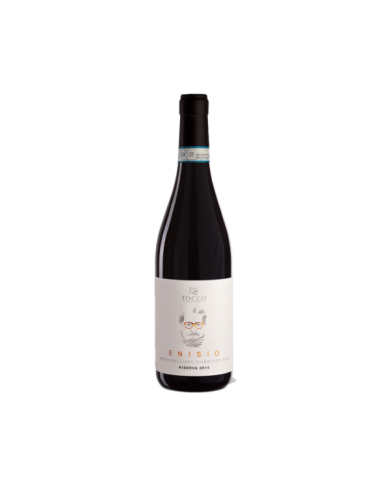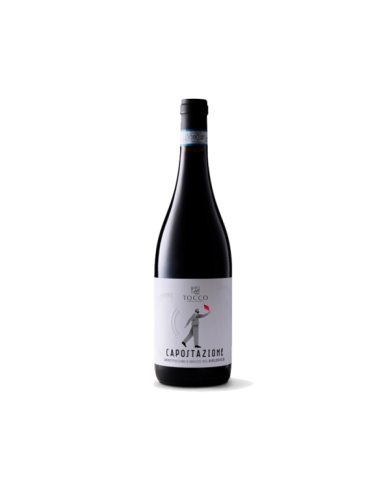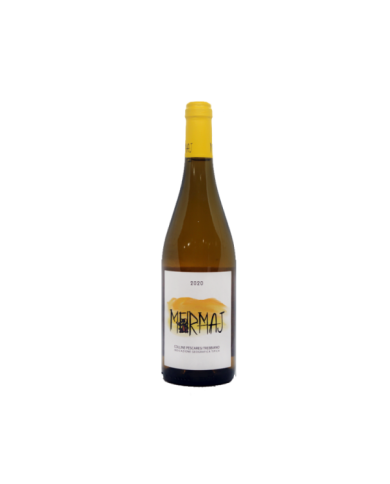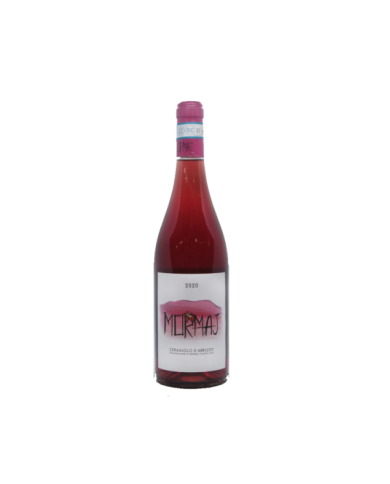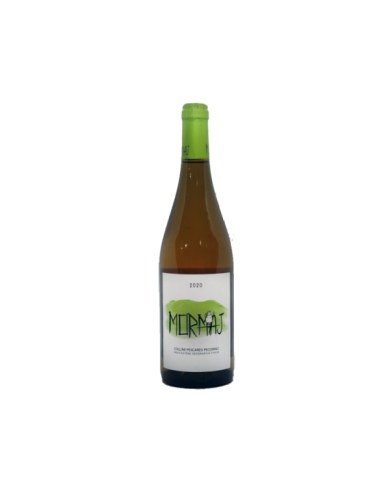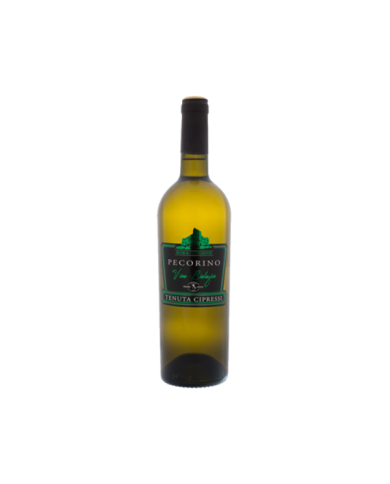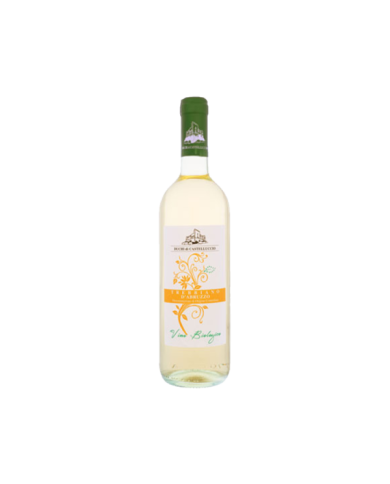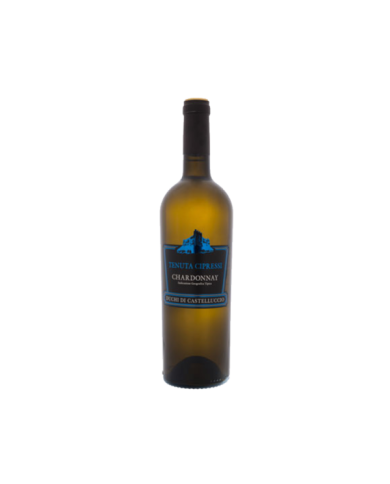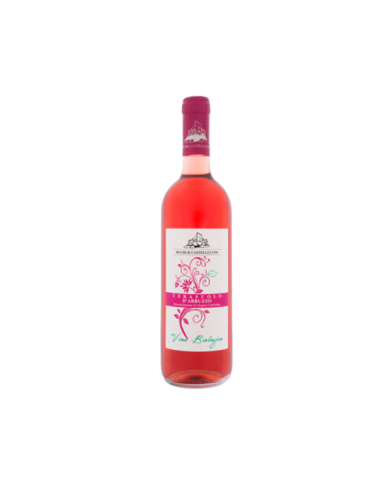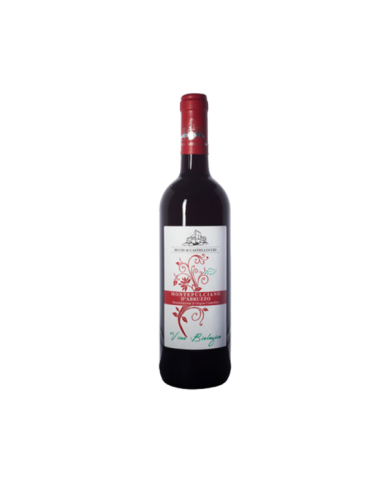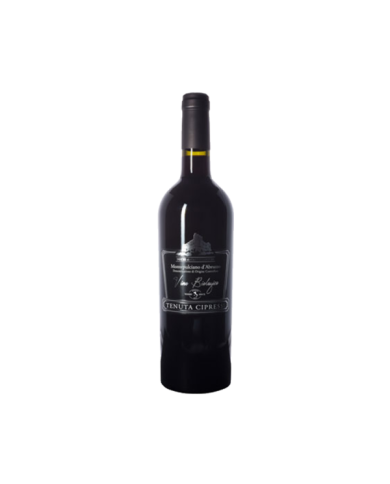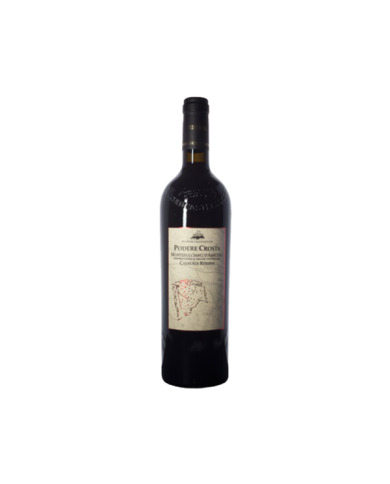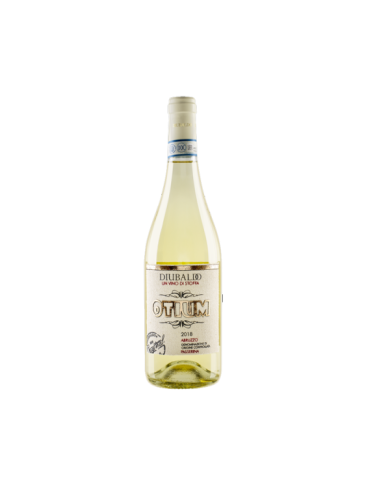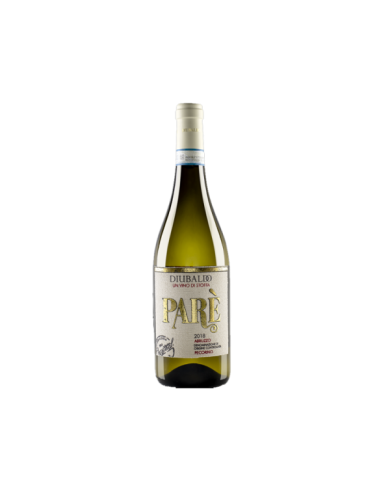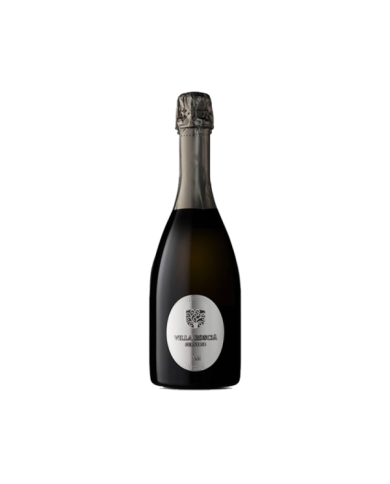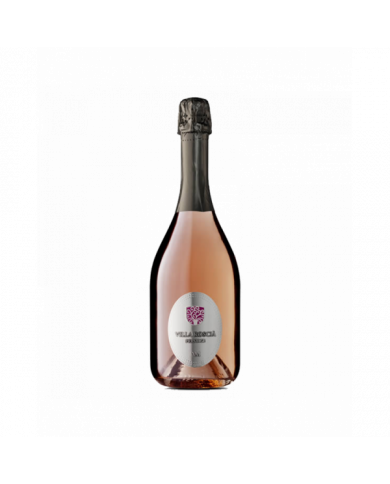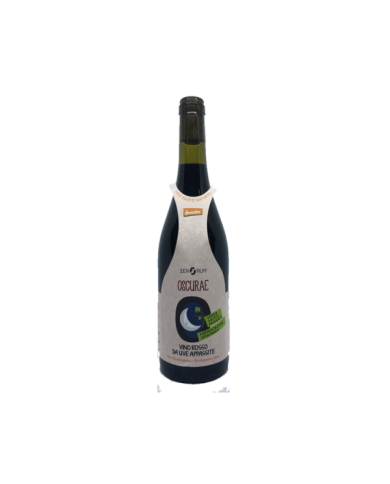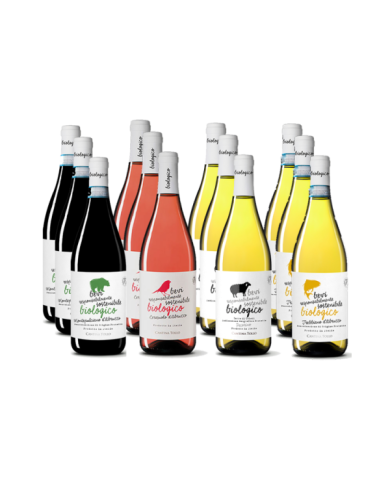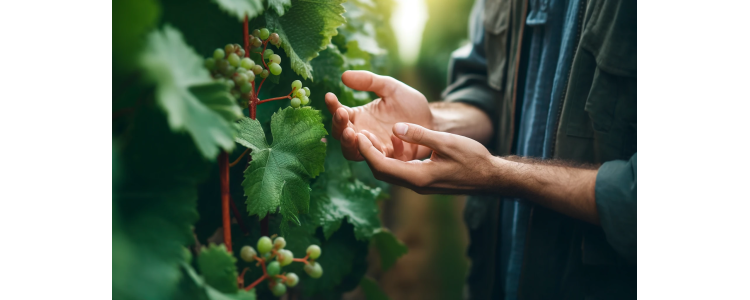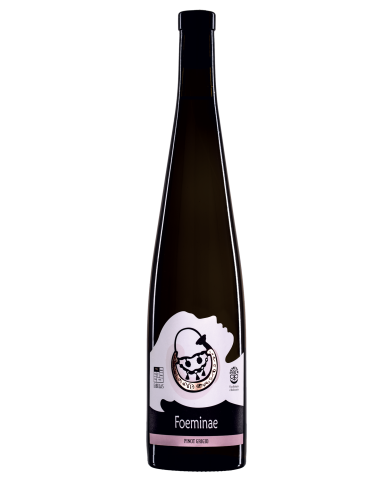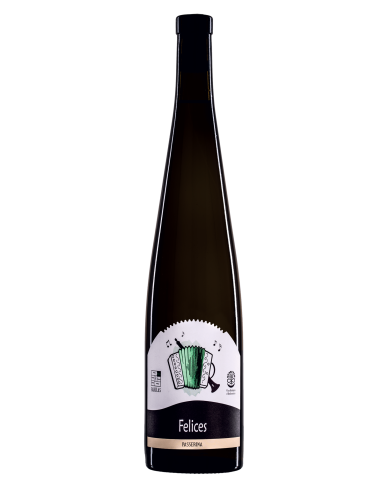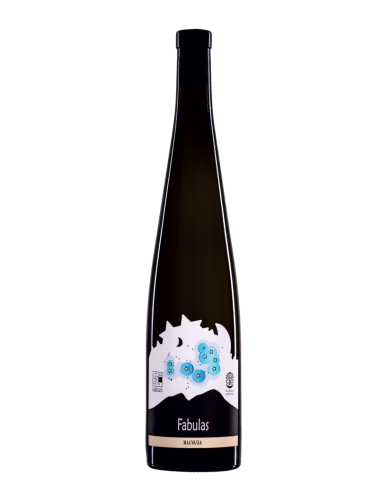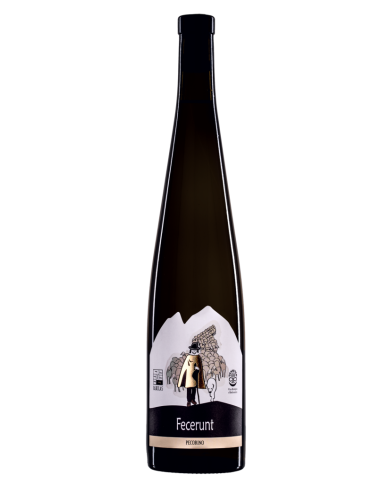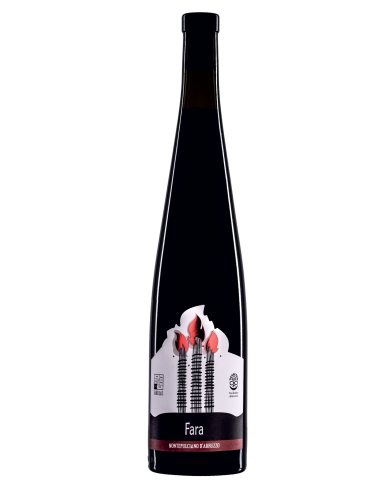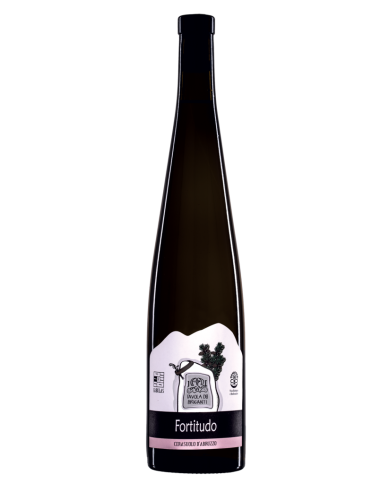Unique wine in color, spontaneous in perfume and with a lively sip. Grapes and grapes only, fermentation continues in the bottle without adding sugar or sulphites. natural purity and panache. Superb and Healthy Pleasure.
Impetus and Charm.
Impetus and Fascination.
D'EUS. Tribute to the everlasting pleasure. Ode to thoughtful inspiration. Gift to those who appreciate the enigmatic unconventionality. D'EUS hymn to the slow passing of time. It is a classic method sparkling wine meticulously refined on the lees. Long wait rewarded by the bright color, the minty crunchy fragrance and the fine and entrancing perlage, which caresses the palate with the delicacy of a butterfly. Striking notes of peach, hawthorn and sage anticipate the enveloping sip. D'EUS superb and celestial challenge, homage to D'Annunzio: memento audere semper.
D'EUS. Tribute to the everlasting pleasure. Ode to thoughtful inspiration. Gift to those who appreciate the enigmatic unconventionality. D'EUS hymn to the slow passing of time. It is a classic method sparkling wine meticulously refined on the lees. Long wait rewarded by the bright color, the minty crunchy fragrance and the fine and entrancing perlage, which caresses the palate with the delicacy of a butterfly. Striking notes of peach, hawthorn and sage anticipate the enveloping sip. D'EUS superb and celestial challenge, homage to D'Annunzio: memento audere semper.
D'EUS. Tribute to the everlasting pleasure. Ode to thoughtful inspiration. Gift to those who appreciate the enigmatic unconventionality. D'EUS hymn to the slow passing of time. It is a classic method sparkling wine meticulously refined on the lees. Long wait rewarded by the bright color, the minty crunchy fragrance and the fine and entrancing perlage, which caresses the palate with the delicacy of a butterfly. Striking notes of peach, hawthorn and sage anticipate the enveloping sip. D'EUS superb and celestial challenge, homage to D'Annunzio: memento audere semper.
Absolute love It is the bond that remains even when it is leaving. It is the vision that comes when you are now blind. It is the promise that is declared by denying its intensity out of modesty. It is the joy that pervades your soul starting from sensations felt outside of it. It is White Pearl, a courteous love of yesteryear. It is the magic granted only to those who know how to love in an all-encompassing way. It is eternity swallowed as in a dream with smoky but also vanilla aftertaste. It is the native white you were looking for, aged for over 18 months in Barrique. She is the imaginative and diaphanous woman whose essence always dwells in your thoughts.
An ancestral practice is that of winemaking in stone. Narration of shepherds and echoes of transhumance. Autochthonous tales like bunches that ferment in the millstones to give us mineral wines with an authentic taste. In the rocky basins of Petra Iniqua (Pietranico) the nectar is dressed in history and nostalgia, captivating our senses. The vineyards are located in the surroundings of Pietranico, a small village in the Pescarese area, where from ancient times the use of rock stone basins for pressing and winemaking was widespread.
A product that invites to a new dimension of consumption. A wine that loves the environment and sincere tastes. Pairings: Savory first courses, roasts, sausages and semi-aged cheeses.
The wine has a deep ruby red color with an intense aroma and fruity aromas, with notes of ripe red fruit as well as tertiary hints of green pepper, coffee, licorice and nutmeg. The warm, full-bodied, soft, tannic and long-lasting aromatic flavor is a real delight for the palate. To best enhance all its organoleptic characteristics, it is recommended to taste it in company and with grilled or braised red meats, cured meats and aged and flavored cheeses.
Stationmaster Montepulciano d'Abruzzo DOC Bio 2020, ruby red wine with violet reflections, the nose offers intense fruity aromas with notes of ripe red fruit. The flavor is full, soft and persistent with delicate tannins.
In our cellar, between the MORrone and MAJella mountains MORMAJ is born, a ros├® wine obtained by spontaneous fermentation, not clarified, is aged in steel tanks. Any deposits on the bottom do not constitute a defect in the wine and do not alter its taste.
Tenuta Cipressi Montepulciano d'Abruzzo DOC 2014 Organic Wine - Duchi di Castelluccio .
Pecorino cheese. Its name remains a mystery today, the most accredited hypothesis is the one that binds it to the transhumant sheep farming typical of Abruzzo. Today cultivated at lower altitudes than the much higher ones of historical crops, the vine, with vinification in maceration, expresses great values, for all the senses. It is certainly one of the most important whites in Italy.
A concentrated ruby red leaves room for an intense hint of plums and small red fruits, on all blackberries and raspberries. To the taste there is full correspondence in the aromas with an excellent intense, savory and full-bodied finesse.
Taste the Authenticity of Natural Wines!
Natural wines are an increasingly popular choice among consumers, offering a unique and authentic taste experience. If you're looking to learn more about natural wines and how to try them, you've come to the right place. In this article we will look at what natural wines are, how they are made, and how they can best be savored.
What is a Natural Wine?
A natural wine is a wine produced without the use of additives, pesticides or other chemicals. Natural wines are produced only with grapes, water and yeast, and are produced in a way that best preserves the natural taste of the grape. They are also generally produced in small quantities which means that each bottle of natural wine is unique and offers a unique tasting experience.
How Are Natural Wines Made?
Natural wines are produced using grapes, water and yeast. The production process is very different from that used to produce conventional wines. The first thing to know is that natural winemakers do not use additives, pesticides or other chemicals. Instead, they try to work with the grape in order to best preserve its natural flavor, carefully choosing the plants and carefully tending the vines.
Once the grapes have been harvested, they are macerated for 12-14 days at a controlled temperature. This leads to a greater extraction of aromas and flavors which give the wine its rich complexity. The wine is then fermented in wooden barrels or concrete vats. This fermentation process is slow and can last from two to six months. Fermentation in wooden barrels gives the wine added complexity, while fermentation in concrete vats gives the wine greater freshness.
How to Taste a Natural Wine?
Savoring a natural wine is a unique experience that offers a rich complexity of aromas and flavours. To better enjoy a natural wine, it is important to prepare the glass properly. The glass should be rinsed with warm water and dried with a soft cloth to remove any chemical residue. Therefore, the glass should be filled up to half with wine to get a good oxygenation.
Once ready, take a sip of the wine and savor it slowly. Savor the color, aroma, taste and texture of the wine. Try to get all the aromas and flavors of grapes, like fruit, grass, hay, chocolate and so on. Also taste the complexity of the wine, feeling how the aromas and flavors evolve over time.
Conclusion
Natural wines are a great choice for those looking for an authentic and unique tasting experience. They are produced without the use of additives, pesticides or other chemicals, and are produced in a way that best preserves the natural taste of the grape. As we have seen, natural wines are produced with grapes, water and yeast, and are fermented slowly. To best enjoy a natural wine, it is important to prepare the glass properly and taste slowly, trying to capture all the aromas and flavours, and savoring the complexity of the wine. If you are looking for an authentic and unique tasting experience, try a natural wine!


